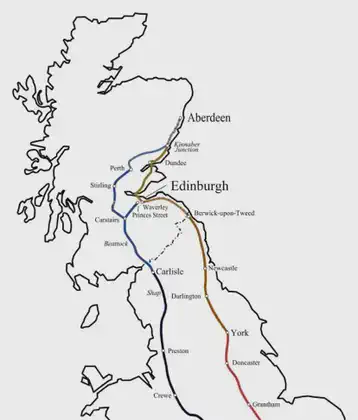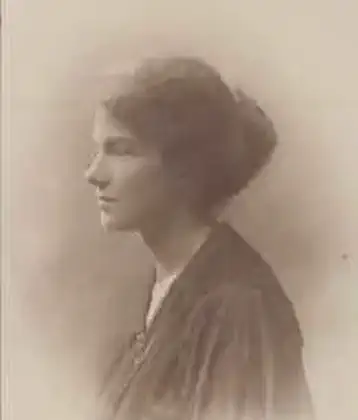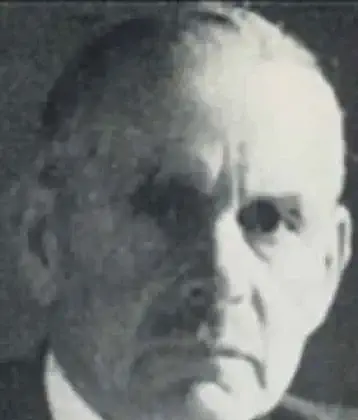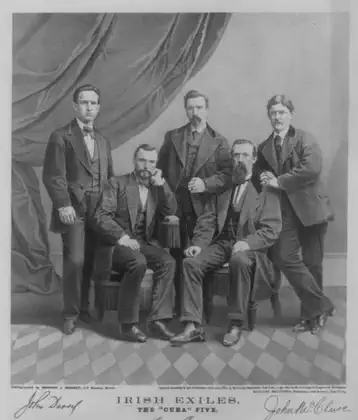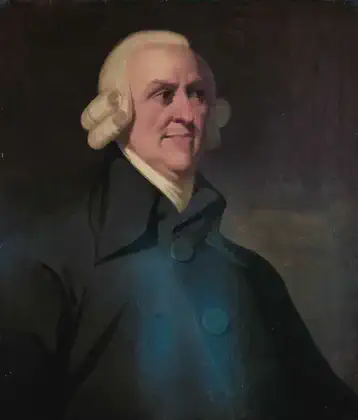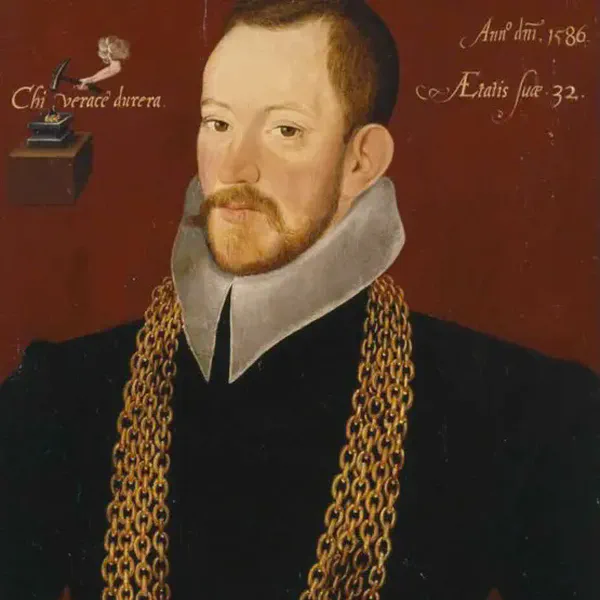
Richard Carew (17 July 1555 – 6 November 1620) was a Cornish translator and antiquary. He is best known for his county history, Survey of Cornwall (1602)
Carew belonged to a prominent gentry family, and was the eldest son of Thomas Carew: he was born on 17 July 1555 at East Antony, Cornwall.
He was educated at Christ Church, Oxford, where he was a contemporary of Sir Philip Sidney and William Camden, and then at the Middle Temple.
He made a translation of the first five cantos of Tasso’s Jerusalem Delivered (1594), which was more correct than that of Edward Fairfax.
He also translated Juan de la Huarte’s Examen de Ingenios, basing his translation on Camillo Camilli’s Italian version.
Carew was a member of the Elizabethan Society of Antiquaries, and is particularly known for his Survey of Cornwall (1602), the second English county history to appear in print.
Later editions were published in 1723, 1769 and 1811, and Davies Gilbert published an index in his Cornwall, vol. 4, pp. 381–92. He also published an Epistle concerning the Excellencies of the English Tongue (1605).
Carew served as High Sheriff of Cornwall (1583 and 1586), and as MP for Saltash in 1584.
He was married to Juliana Arundell, the eldest daughter of Sir John Arundell of Trerice; their son Richard Carew was created a baronet in 1641
He was a beekeeper and a keen fisherman.
Carew died on 6 November 1620 and was buried in Antony church on 7 November.
More From This Day
